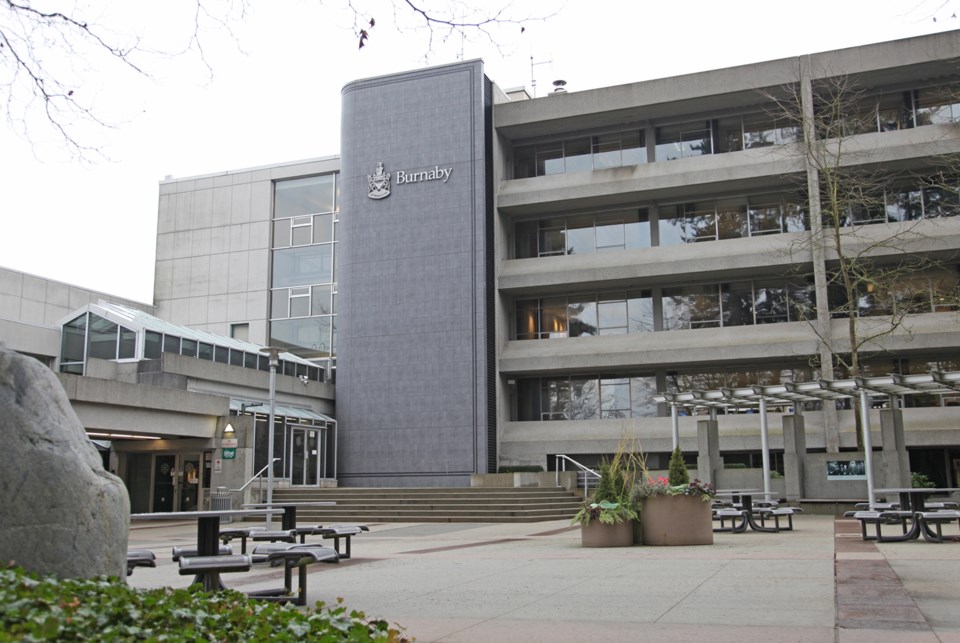Burnaby businesses are struggling to remain open under the burden of increasing property tax bills, Burnaby Board of Trade members recently told city council.
City staff have since brainstormed some ideas to ease that burden while retaining the revenue the municipality needs to fund its operational budget and have compiled those ideas into a report presented to council Monday.
Businesses bear 40 per cent of the tax burden in Burnaby, with 49 per cent falling to residential property owners and the rest shared by utilities, major industry, light industry and recreation. The tax rate for businesses is more than four times that of residential. Currently, properties with both a business and residential portion are taxed entirely at the business rate.
Different parts of the property tax regime – and potential changes to them – fall either to the province or the city.
The province could allow for “split classifications,” which would allow properties with both commercial and residential uses to be taxed at two different rates. Taxing the residential portion at the lower residential rate could save owners money, Burnaby city staff wrote in a report to council.
The B.C. government could also allow businesses to defer their property taxes – an option currently available only to residential property owners – but such deferrals would not be available to many businesses owners.
“This could only be an option for business owners who are the registered owner of the property, and not a tenant on title,” city staff wrote. “Hence, business operators may not benefit from a deferral program as the benefit would be realized by registered property owners who may or may not pass on the deferral benefit to the operators.”
Staff also noted the province could expand a 2018 change to assessment laws that allowed industrial properties to be taxed based on their current use rather than their future value based on an official community plan. A similar change could keep taxes low for businesses in areas that have been designated by a city for new development, the report says.
The City of Burnaby has several tools at its disposal to ease the tax burden on businesses, “however it is important to understand that a municipality only collects enough property taxation required to deliver services to citizens and hence any option exercised results in a shift of the property tax burden among the available classes,” the report says.
In other words, lower taxes for businesses would mean higher taxes for homeowners.
The next idea proposed in the report is assessment averaging – smoothing out the
peaks and valleys of assessments to ease the shocks of big changes.
“There are, however, a number of down sides to this approach,” the report says. “Property owners do not experience savings immediately when their assessed value falls, new owners will be impacted by assessment activity that took place in prior years, the administration around this process would require additional resources, bylaw changes and set up of an appeal review panel would be required, and the collection of taxes for other taxing authorities is also further complicated.”
While assessment averaging may ease the pressure on property owners by gradually increasing taxes, the same amount of taxation will be applied in the end.
A revitalization tax exemption could be applied to properties in a set area, Burnaby staffers wrote, but other owners outside the zone would have to make up for the lost revenue. According to the report, Richmond gave such an exemption to businesses affected by the Richmond Olympic Oval and Chilliwack currently has an exemption in its downtown.



